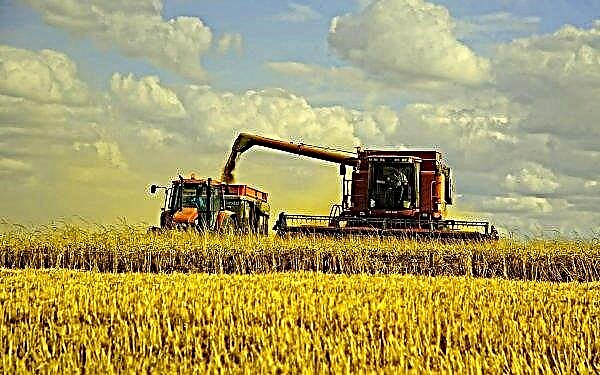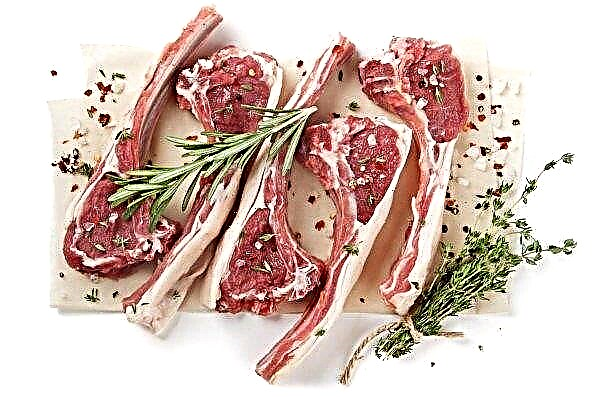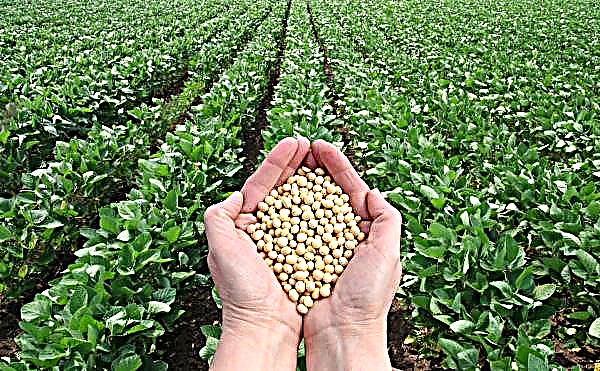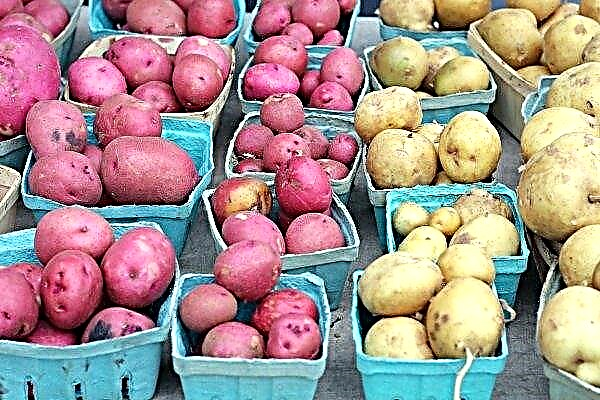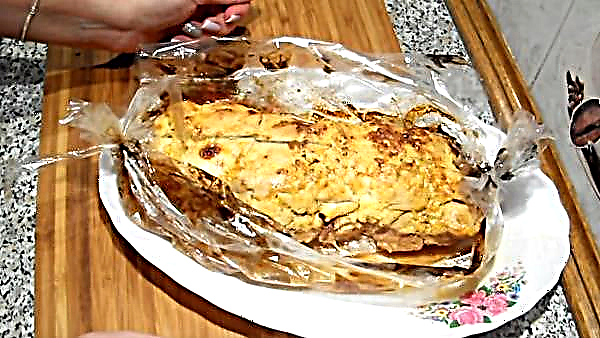Food and agriculture are, without a doubt, the most vulnerable sector for Brexit, as the potential shift to World Trade Organization tariffs is likely to hit € 800 million in the beef sector alone.
But it should not be so, the new report of the Institute of International and European Relations (IIEA), located in Dublin, says. The report argues that agriculture can use the same dynamics of post-brexitis that has already been observed in other sectors, such as finance.
In order to maintain access to European markets after Britain leaves the EU, financial companies open branches in Ireland, many of which carry out regional operations here. Although this will not be an instant solution to the huge problems facing the agricultural sector, but in the event that a rigid Brexit brings huge tariffs on export to the UK, this proposal may be a way out.
Although this will not be an instant solution to the huge problems facing the agricultural sector, but in the event that a rigid Brexit brings huge tariffs on export to the UK, this proposal may be a way out.
“Some damage from the tough Brexit will be compensated if British agri-food companies set up export platforms in Ireland to serve their markets in the EU,” said Frank Barry, Trinity international business and economic development professor. Ireland will receive the most severe blow due to Brexit and, according to the Central Bank, economic growth in the country this year could reach only 1-1.5%.
Ireland will receive the most severe blow due to Brexit and, according to the Central Bank, economic growth in the country this year could reach only 1-1.5%.

